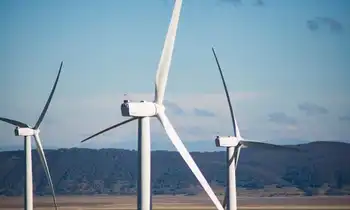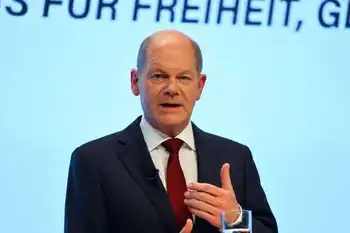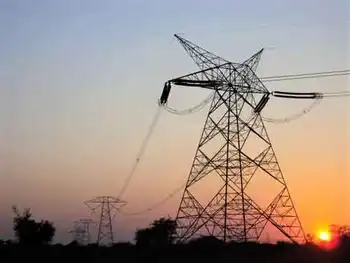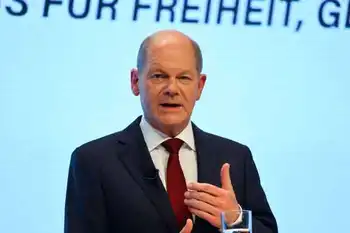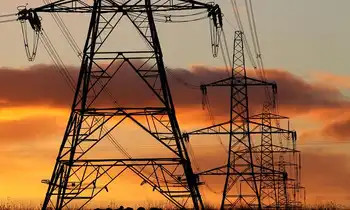North Korea committed to disarmament pact
By Reuters
NFPA 70e Training - Arc Flash
Our customized live online or in‑person group training can be delivered to your staff at your location.

- Live Online
- 6 hours Instructor-led
- Group Training Available
It was the International Atomic Energy Agency's first negotiations with North Korea in more than four years, even though IAEA head Mohamed ElBaradei was told the North's top nuclear negotiator was too busy to meet him.
ElBaradei said the visit had been "quite useful" and had opened the way to a normal relationship. He said North Korea was positive about returning to IAEA membership, but wanted sanctions against it lifted.
"I think they were very clear that they are willing to implement the February 13 agreement once the other parties implement their part," he said, referring to an agreement reached at six-party talks grouping the two Koreas, Russia, Japan, the United States and host China.
"The DPRK (North Korea) mentioned that they are waiting for the lifting of sanctions with regard to the Macau bank."
Referring to the closure of the Yongbyon nuclear plant, he said: "They said they are ready, willing and capable of doing that as soon as the financial sanctions are lifted."
ElBaradei's visit was the first by the agency since late 2002, when North Korea expelled its inspectors as an earlier disarmament deal fell apart. It withdrew from the nuclear Non-Proliferation Treaty days later.
Under the terms of the February agreement, the Yongbyon reactor, which makes plutonium that can be used in nuclear weapons, must be shut by mid-April in return for an initial shipment of heavy fuel oil.
South Korean Foreign Minister Song Min-soon said earlier that North Korea had shown no signs of closing the reactor. North Korea tested its first nuclear device last October, drawing widespread condemnation and U.N. sanctions.
"There is no indication of a change in the operational condition of Yongbyon," Song told a news conference in Seoul.
Earlier a U.S. official said North Korea was preparing to shut down the Yongbyon complex, but other U.S. officials have been more guarded.
The IAEA, which is trying to iron out the details of a return of its inspectors to North Korea, will be key to verifying whether the reclusive state makes good on its pledge.
In addition to Hill, South Korean envoy Chun Yung-woo arrived for working-group meetings. Both envoys, along with China's Wu Dawei, will take part in discussions aimed at fleshing out parts of the agreement dealing with disarmament and energy.
Washington said that within 30 days of the February deal it would settle a dispute over North Korean bank accounts frozen in Macau that Washington says had been used to launder illegal earnings for Pyongyang.
"The Macau issue will be resolved as we've promised," Hill told reporters.
As part of the give-and-take to settle the dispute, the U.S. Treasury Department would bar U.S. banks from doing business with the Macau bank, which would allow Macau authorities to decide whether to release some of the frozen accounts, Washington officials told Reuters.
But releasing the funds could take weeks and the U.S. restrictions will continue to hinder the North's access to the international financial system, potentially irritating Pyongyang and complicating denuclearization efforts.
Western diplomats said they expected no immediate progress and warned that the whole process of North Korea establishing relations with the IAEA or bringing back inspectors into North Korea would need time.
"North Korea wants to show that they are in the driving seat. They want to drive home the point that they are on eye level when it comes to these negotiations," one diplomat in Vienna said.





